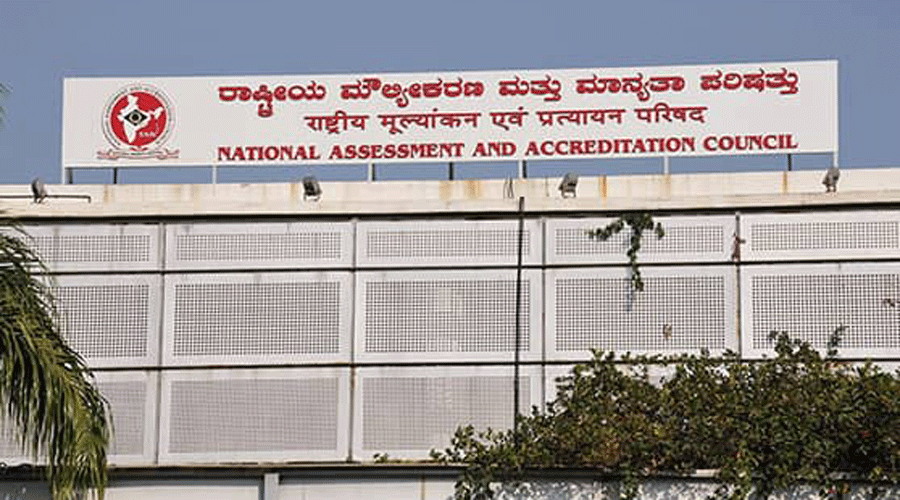Corruption is no new story. Complaints about uneven assessments by the National Assessment and Accreditation Council that grades higher education institutions are not new either. What is ominous, though, is the resignation of Bhushan Patwardhan, chairperson of the NAAC executive committee, after he complained about vested interests, malpractices and nexuses that make some grades questionable. Mr Patwardhan said that he resigned to preserve the sanctity of the post, of NAAC and of India’s higher education system. His request that an independent agency investigate complaints from stakeholders and the irregularities he had experienced was ignored. Was it a coincidence that, according to him, the University Grants Commission, NAAC’s parent organisation, appointed an additional chairman with no legal right? And that NAAC has not acknowledged the criticisms of one of its seniormost officials? It is this suggestion of a collective silence regarding alleged manipulations, plagiarism, inconsistencies within assessments and similar issues that augurs ill for Indian education. Mr Patwardhan’s observations were validated through the report of an inquiry committee he instituted, which was supported by the findings of the Comptroller and Auditor General’s office. Yet Mr Patwardhan had to resign: he was not tasked with cleaning up the system.
Grading of institutions is a good thing. It helps focus on their core strengths as well as areas that need improvement. The moment grades become linked to material benefits, such as grants, autonomous fee structures or the permission to admit overseas students, the spirit of education wanes. Certain NAAC requirements themselves fail academic standards. Research, for instance, is not judged by quality but quantity. A number of research students can produce papers published in the institution’s own journal or in publications of dubious academic merit with payment. Of the NAAC pool of experts, some tend to visit the same sites repeatedly, allowing familiarity or even vested interests to develop, while others are totally inexperienced. The loopholes and practices are such that self-study reports can be duplicated, the internal NAAC information technology system is apparently compromised, while appeasement is made tempting by the fact that the institution hosts the visiting team. A system meant to assess educational institutions seems no longer to remember what education means. That could have been corrected. The question is, has education begun to mean something else in New India?










